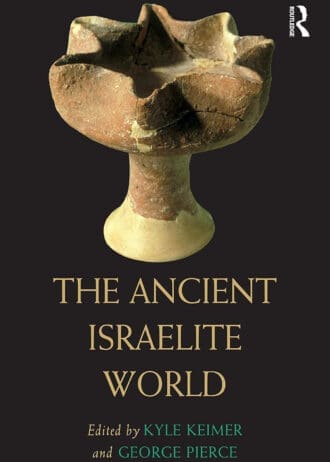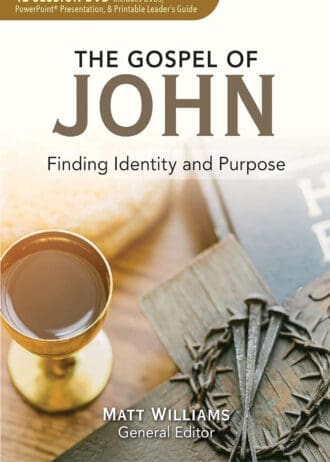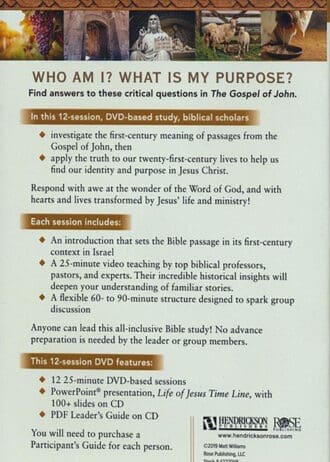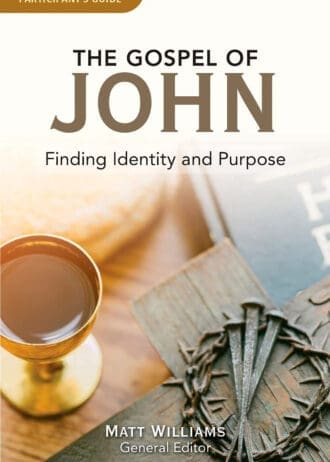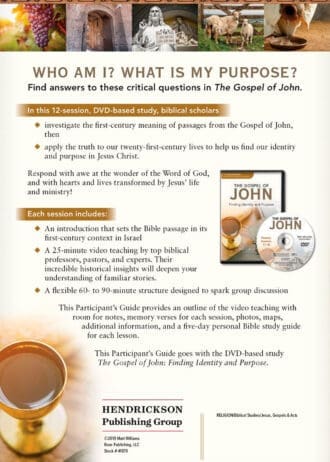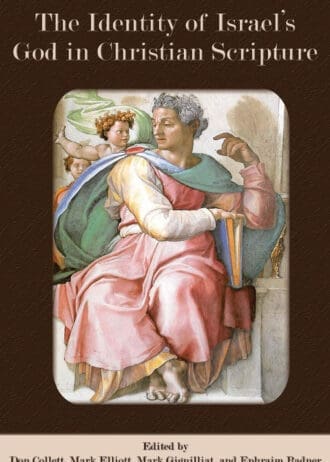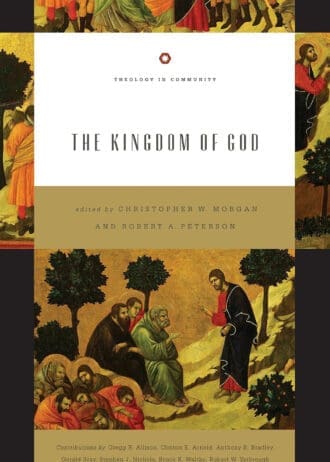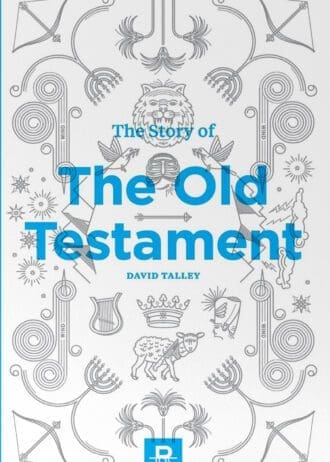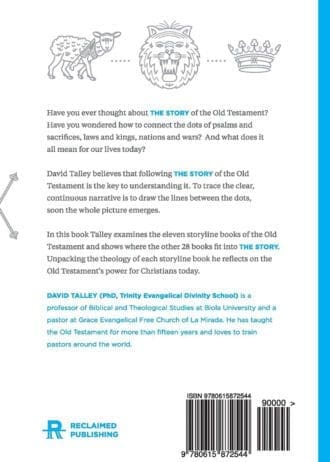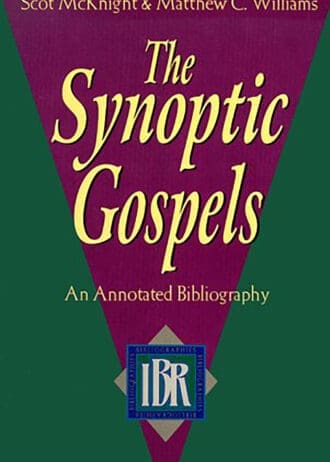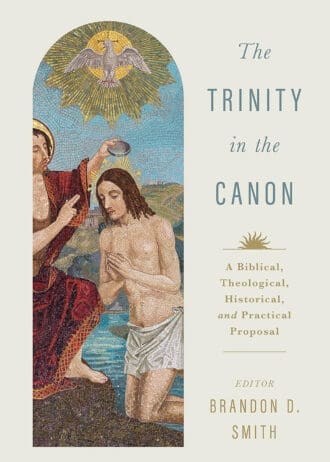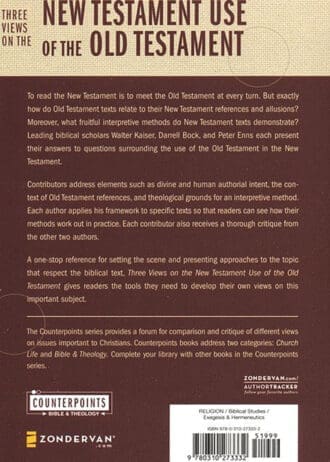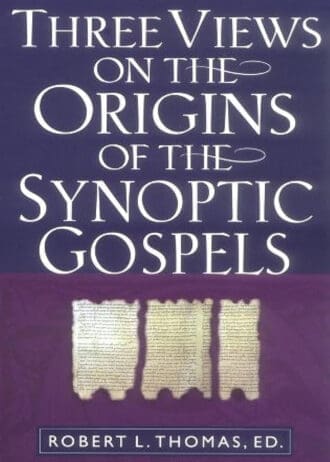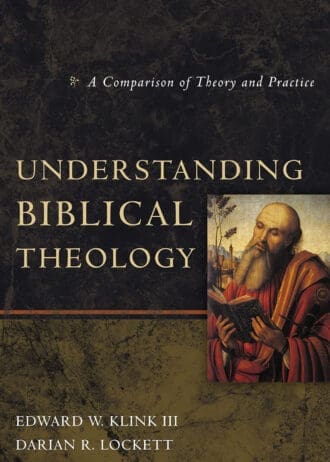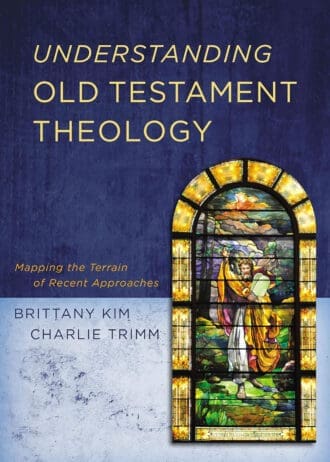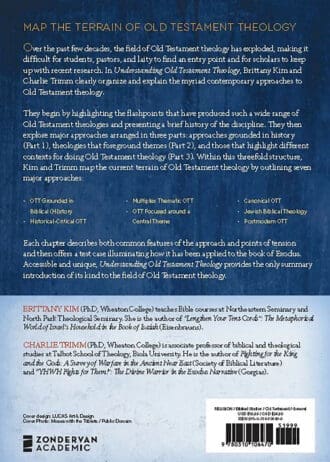The Ancient Israelite World
This volume presents a collection of studies by international experts on various aspects of ancient Israel’s society, economy, religion, language, culture, and history, synthesizing archaeological remains and integrating them with discussions of ancient Near Eastern and biblical texts. Driven by theoretically and methodologically informed discussions of the archaeology of the Iron Age Levant, the 47 chapters in The Ancient Israelite World provide foundational, accessible, and detailed studies in their respective topics. The volume considers the history of interpretation of ancient Israel, studies on various aspects of ancient Israel’s society and history, and avenues for present and future approaches to the ancient Israelite world. Accompanied by over 150 maps and figures, it allows the reader to gain an understanding of key issues that archaeologists, historians, and biblical scholars have faced and are currently facing as they attempt to better understand ancient Israelite society. The Ancient Israelite World is an essential reference work for students and scholars of ancient Israel and its history, culture, and society, whether they are historians, archaeologists, or biblical scholars.
Biola University Contributor:
Charlie Trimm – “Warfare and Intelligence Gathering in Ancient Israel”

